CBD for OCD – How CBD Can Ease the Grip of OCD
Estimated reading time: 9 minutes
Introduction – CBD for OCD

Exploring the world of CBD for OCD is like opening a door to a new realm of potential natural relief. Obsessive-Compulsive Disorder (OCD) is a complex condition, often involving repetitive thoughts and behaviors that can be incredibly overwhelming. For those seeking a 100% natural way to manage these symptoms, CBD has emerged as a beacon of hope.
Imagine being caught in a storm of thoughts and then, finding a gentle, calming wave with CBD. Users often report a sense of peace, a downshift in overactive thought processes, and a feeling of being more ‘in control' of their compulsions. It is as though CBD helps to quiet the mental noise, allowing for moments of tranquillity amidst the chaos of OCD.
What is OCD?

Obsessive-Compulsive Disorder (OCD) is a mental health condition that's characterised by recurring, unwanted thoughts, images, or urges (obsessions) that can cause a great deal of anxiety, coupled with behaviours or mental acts (compulsions) that the person feels driven to perform in response to the obsessions. Essentially, it is like having a brain that is stuck on certain thoughts or images.
For someone with OCD, these obsessions are not just temporary worries or stresses—they can be persistent and intrusive, making it hard to concentrate on anything else. The compulsions, on the other hand, are repetitive actions that a person feels they must do to try to relieve the distress caused by the obsessions. For example, if someone is obsessed with germs or contamination, they might wash their hands repeatedly to the point it disrupts their daily life and causes their skin to become raw.
When it comes to treatments, there are several options available to help manage OCD:
Cognitive Behavioural Therapy (CBT):
This is a type of talking therapy that is often considered one of the most effective treatments for OCD. It involves identifying and challenging the negative thought patterns and behaviours associated with the disorder. A specific type of CBT called Exposure and Response Prevention (ERP) is especially common for treating OCD. It involves being exposed to the source of your anxiety and learning to resist the urge to perform compulsive behaviours.
Medication:
Certain medications, particularly those known as selective serotonin reuptake inhibitors (SSRIs), are commonly used to help manage the symptoms of OCD. These can alter the balance of chemicals in the brain and help reduce the intensity of obsessions and compulsions.
Combination Therapy:
Often, a combination of medication and therapy can be beneficial. This can provide the immediate relief from intense symptoms with medication, while gradually learning to manage the disorder long-term through therapy.
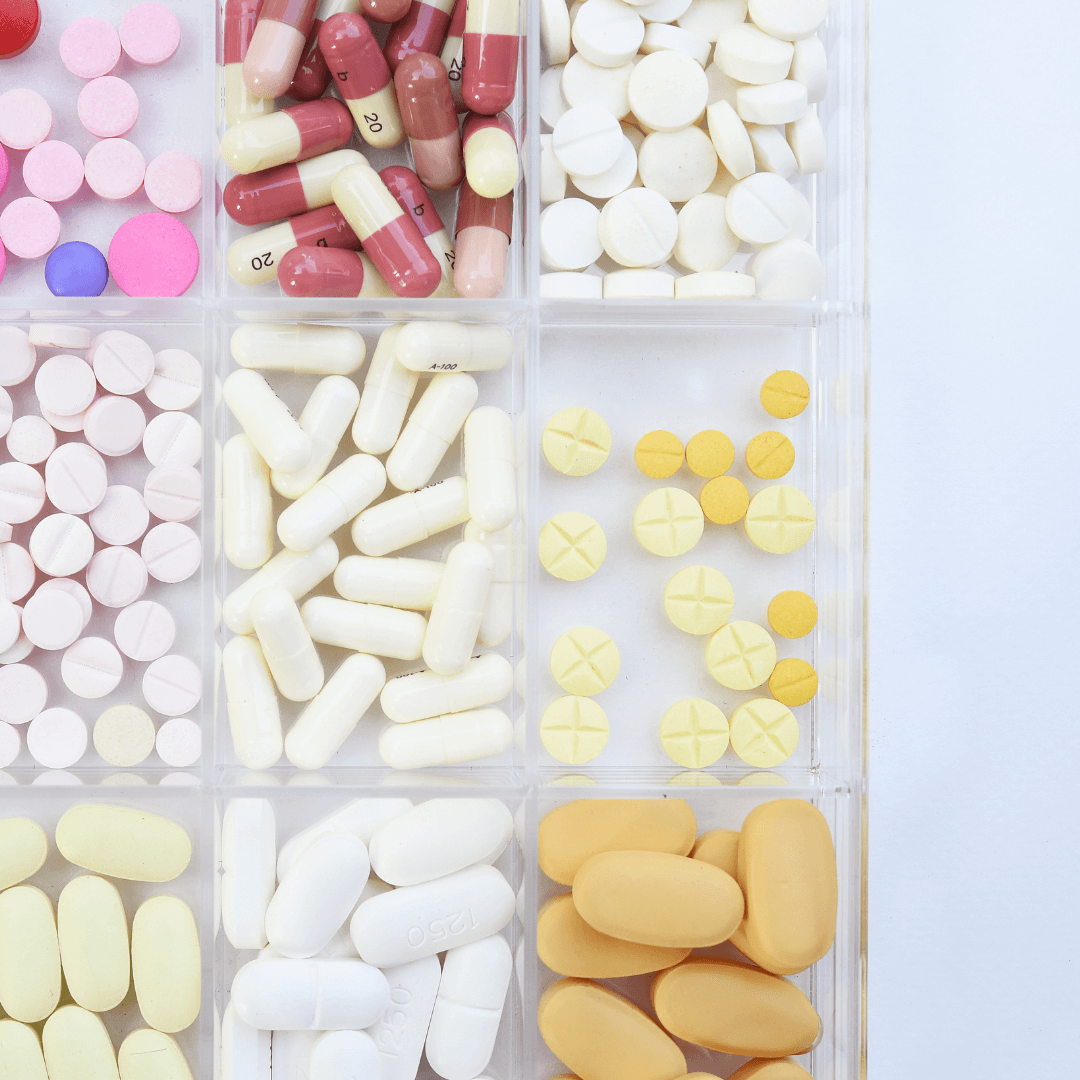
Self-Care and Lifestyle Changes:
While these are not direct treatments for OCD, managing stress, getting adequate sleep, and maintaining a healthy diet can help control the symptoms. Engaging in regular physical activity and practising mindfulness or relaxation techniques can also support overall mental health.
Support Groups:
Sharing experiences and strategies with others who have OCD can provide emotional support and a sense of community. It can also be a source of helpful information and coping strategies.
Neuromodulation:
In severe cases, where therapy and medication have not been effective, treatments like Transcranial Magnetic Stimulation (TMS) or deep brain stimulation (DBS) may be considered. These are more invasive and usually only used when other treatments have not worked.
Understanding CBD for OCD
The usage of CBD for OCD (Obsessive-Compulsive Disorder) has attracted significant attention, sparking conversations and research into how this natural compound can offer a reprieve from the shackles of anxiety and compulsions.
CBD in Managing OCD
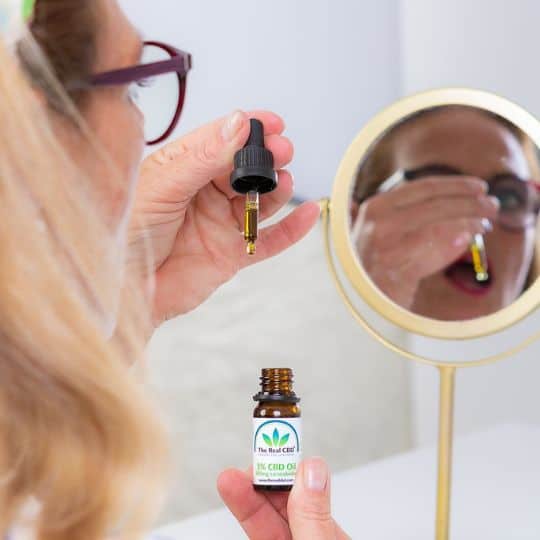
Cannabidiol, or CBD, is a non-intoxicating compound found in the Cannabis sativa plant. Unlike its counterpart THC, CBD does not produce a ‘high', making it an appealing option for those seeking the plant's therapeutic benefits without psychoactive effects. Its interaction with the body's endocannabinoid system is believed to bring about balance and homeostasis, which may be key in managing OCD symptoms.
CBD's Role in the Endocannabinoid System
The endocannabinoid system (ECS) plays a crucial role in regulating mood, anxiety, and stress response. CBD's influence on this system, particularly on the cannabinoid receptors, has been shown to have calming effects, which may be beneficial for those with OCD.
Studies Supporting CBD's Efficacy for OCD
Emerging studies have shed light on CBD's potential in managing anxiety-related disorders. While research is ongoing, some findings suggest that CBD may help reduce both the anxiety and compulsions associated with OCD.
Exploring Full-Spectrum CBD for OCD
Opting for full-spectrum CBD products means embracing the full array of cannabinoids present in the cannabis plant. These products contain not only CBD but also other beneficial compounds like terpenes and flavonoids, which may enhance the therapeutic effects through what is known as the ‘entourage effect'.
Tailoring CBD for OCD to Your Needs
Personalised guidance can make a significant difference in how effectively CBD is used for OCD. Free consultations with cannabis experts allow for a tailored approach, ensuring that individuals receive the correct type, dosage, and formulation of CBD for their specific needs.
CBD Dosage for OCD
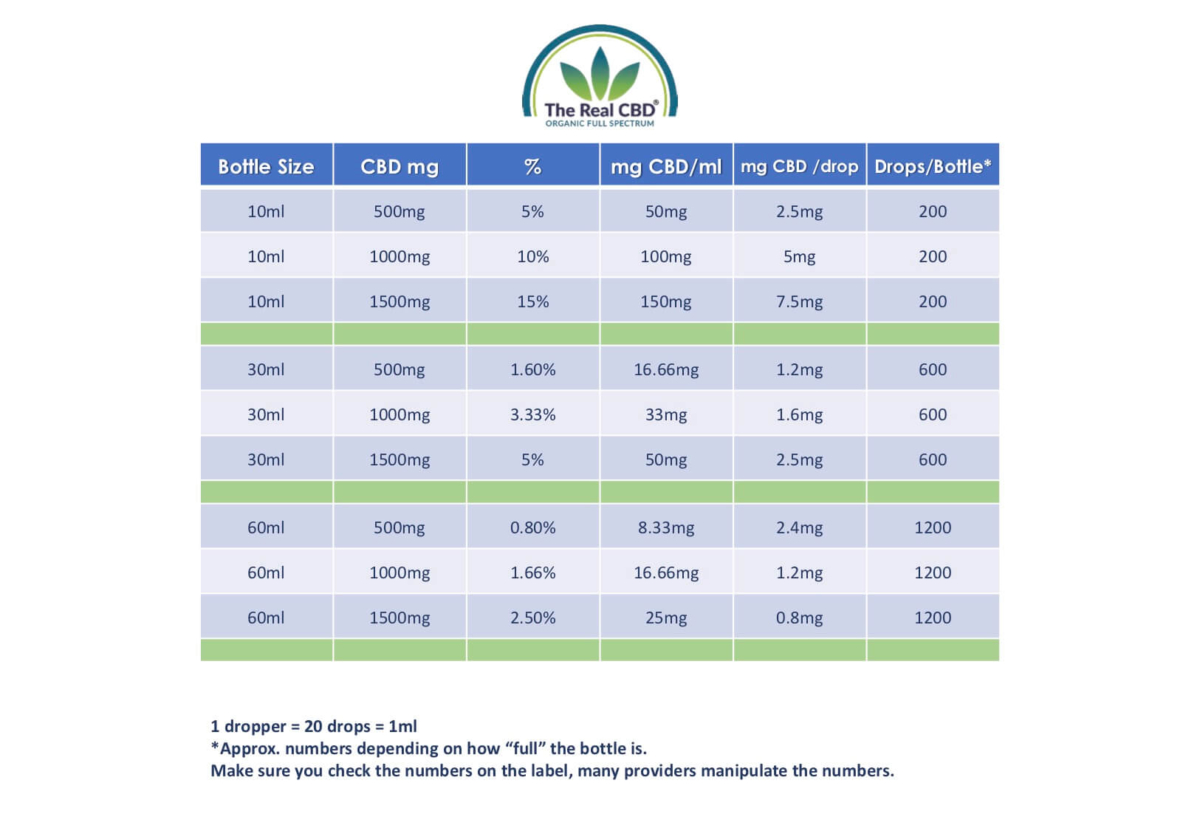
Determining the right CBD dosage is critical. Factors such as body weight, the severity of symptoms, and individual body chemistry can influence the effective dosage. Starting with a low dose and gradually increasing it while monitoring symptoms is often recommended.
Quality and Trustworthiness in CBD Products
Ensuring that you are getting what is on the label is paramount when selecting a CBD product. Trustworthy companies provide third-party lab testing results to confirm the purity, potency, and presence of cannabinoids in their offerings.
How to read a third-party lab test!
Incorporating CBD Into Your Wellness Routine
Integrating CBD into one's daily wellness routine should be done thoughtfully. Consistent use, in conjunction with lifestyle and dietary adjustments, may enhance CBD's potential benefits for OCD.
More about CBD from our blog
Best CBD product for OCD
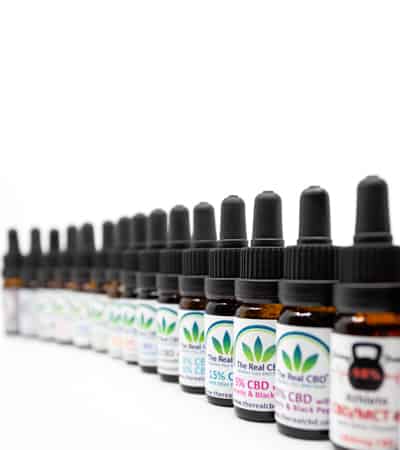
Here are some pointers to keep in mind when looking for a CBD product to help with OCD symptoms:
Full-Spectrum CBD
Opting for a full-spectrum CBD product might be beneficial due to the entourage effetct where all the compounds (cannabinoids, terpenes, flavonoids) work together to enhance each other's positive properties. Full-spectrum products contain a variety of cannabinoids, including trace amounts of THC (within the legal limit), which some believe contribute to the efficacy of the product.
CBD Oil
CBD oil is a popular choice as it's easy to adjust the dose and has relatively quick absorption when taken sublingually (under the tongue). This can be particularly useful for managing acute OCD symptoms that require a prompt response.
Third-Party Lab Testing
Ensure the product has been tested by a third-party lab and that the results are available for consumers to verify. This ensures the product contains the stated levels of CBD and is free from contaminants.
Reputable Brand:
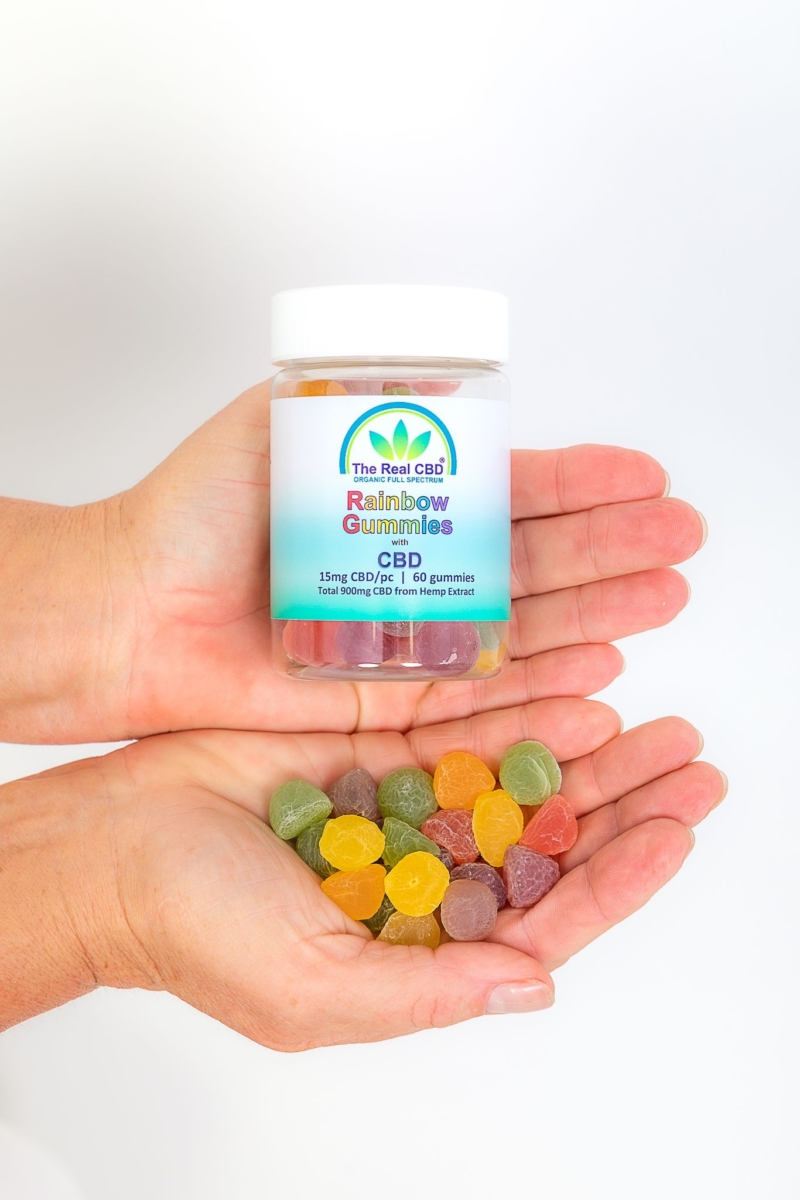
Choose a reputable brand that has positive reviews and a good track record. Companies that specialize in CBD and have a transparent process from cultivation to retail are generally more reliable.
Method of Administration:
Beyond oils, there are capsules, edibles, topical creams, and vapes. Each method has its own absorption rate and duration of effect, so the choice can be tailored to your lifestyle and preference.
Dosage and Instructions:
Start with a low dose and follow the product's instructions carefully. It may be necessary to gradually increase the dosage to find the right balance that helps mitigate OCD symptoms.
Remember, while CBD may help alleviate some symptoms associated with OCD, such as anxiety and stress, it should not replace traditional treatment methods like cognitive behavioural therapy or medication. Always discuss with a healthcare professional before starting any new supplement, especially when dealing with mental health disorders.
Side Effects of CBD for OCD

While CBD is generally considered safe, it is important to be aware of potential side effects, such as drowsiness or changes in appetite. Additionally, CBD may interact with other medications, so consulting with a healthcare professional before starting CBD is advisable.
The Future of CBD Research and OCD
As the body of research grows, the potential for CBD as part of an OCD treatment plan becomes more evident. Continued studies are essential to fully understand and harness CBD's capabilities.
Conclusion – Managing OCD with CBD
CBD offers a promising, natural approach for those grappling with OCD. With ongoing research and a move towards personalised consultations, CBD continues to pave the way for alternative wellness strategies.
In summary, the ‘best' CBD product is one that is high quality, comes from a trustworthy source, and suits the individual's specific needs and preferences. It is also essential to approach the use of CBD with realistic expectations and consider it as a complementary strategy rather than a standalone cure for OCD.
FAQ
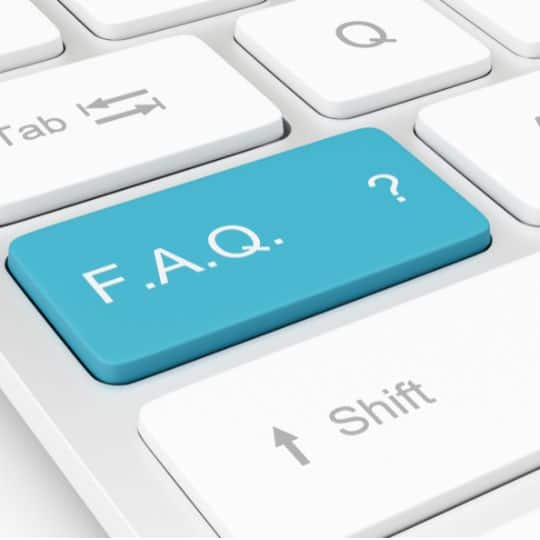
While CBD is not a cure, many find it helpful in managing symptoms. It is important to consult with a healthcare professional for advice.
Full-spectrum CBD products are often recommended for their combined benefits of CBD and other cannabinoids.
Dosage varies by individual. It is best to start with a low dose and adjust as needed under the guidance of a professional.
CBD is generally well-tolerated, but side effects can include fatigue, changes in appetite, and diarrhoea.
Some people may feel relief immediately, while for others it may take a few weeks to notice changes.
The Real CBD for OCD
-
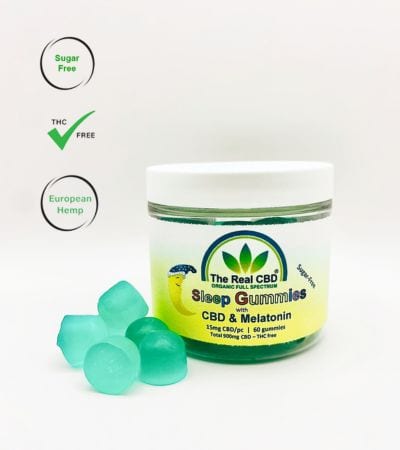 CBD Sleep Gummies€29.00
CBD Sleep Gummies€29.00 -
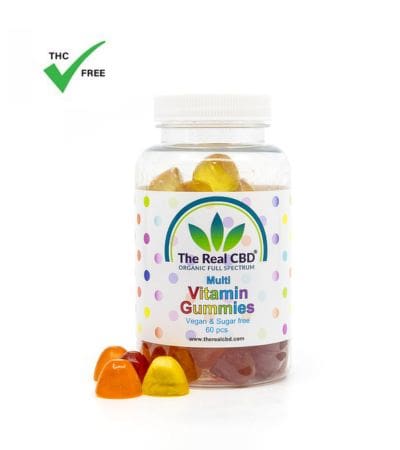 Multivitamin gummies€15.00
Multivitamin gummies€15.00 -
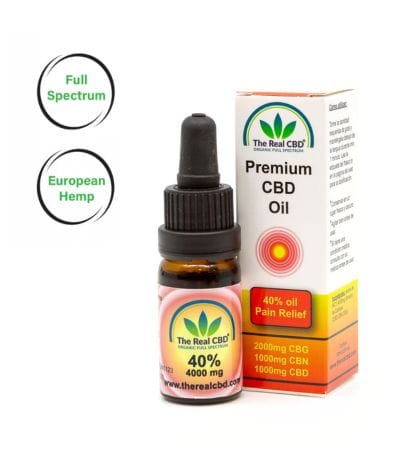 40% Pain Relief oil€179.00
40% Pain Relief oil€179.00 -
Product on sale
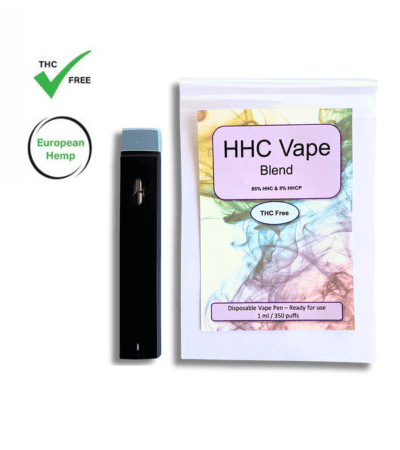 HHC VapeOriginal price was: €55.00.€35.00Current price is: €35.00.
HHC VapeOriginal price was: €55.00.€35.00Current price is: €35.00. -
Product on sale
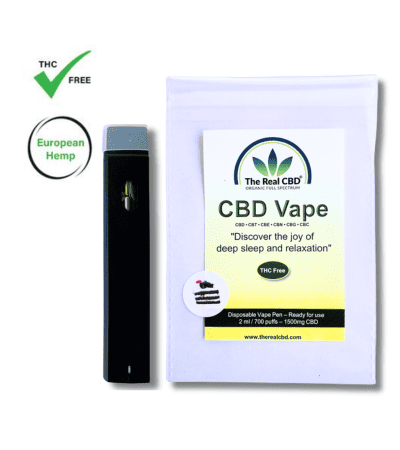 CBD Vape – Broad Spectrum€30.00 – €45.00
CBD Vape – Broad Spectrum€30.00 – €45.00 -
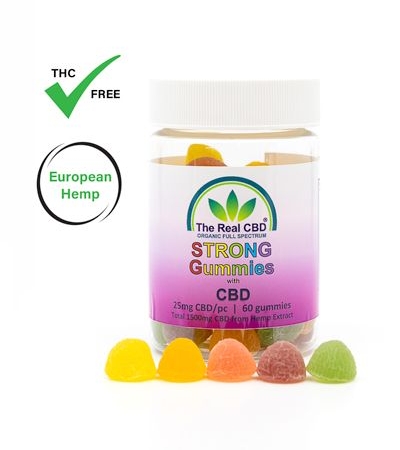 CBD gummies – 25mg CBD€36.00
CBD gummies – 25mg CBD€36.00 -
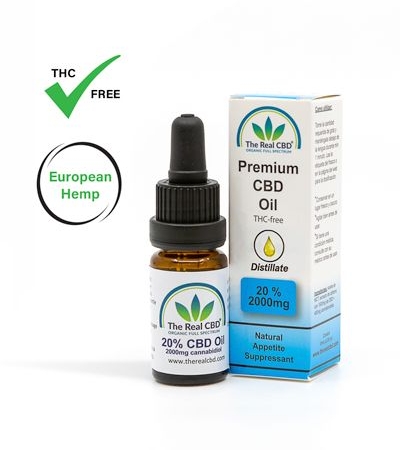 20% CBD oil – Distillate€92.00
20% CBD oil – Distillate€92.00 -
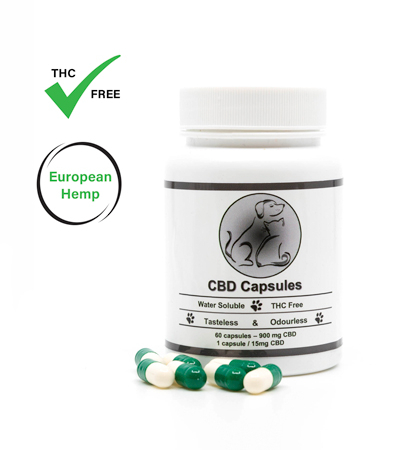 5% CBD Capsules for Pets€59.00
5% CBD Capsules for Pets€59.00 -
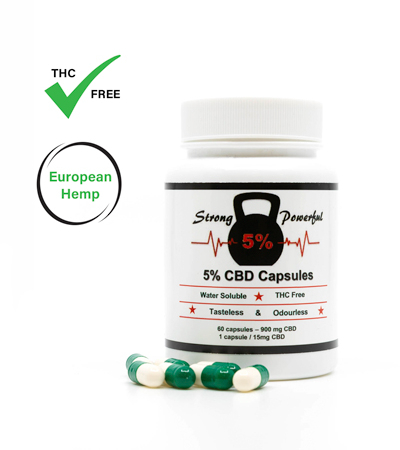 CBD Capsules for Athletes€59.00
CBD Capsules for Athletes€59.00 -
Product on sale
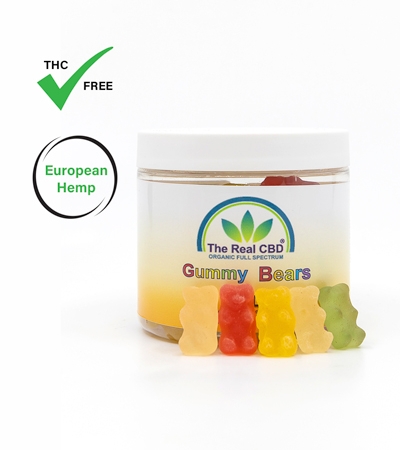 CBD Gummy Bears – 5mg CBDOriginal price was: €19.50.€14.50Current price is: €14.50.
CBD Gummy Bears – 5mg CBDOriginal price was: €19.50.€14.50Current price is: €14.50. -
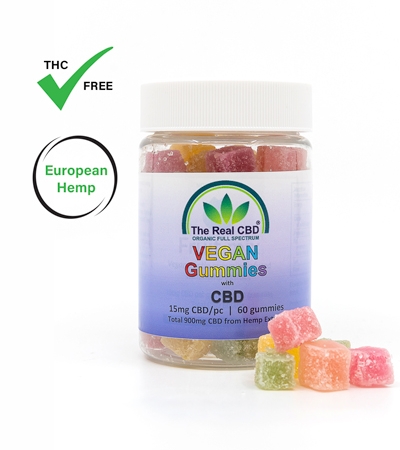 CBD Vegan gummies – 15mg CBD€29.00
CBD Vegan gummies – 15mg CBD€29.00 -
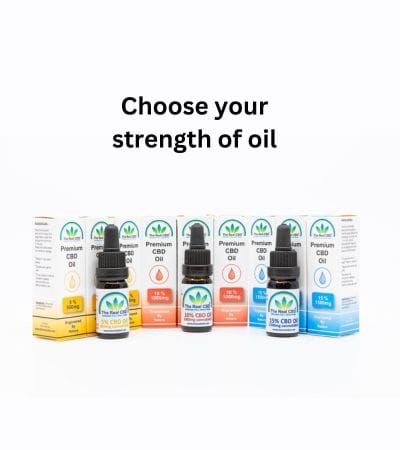 CBD 3 for 2 pack€58.00 – €170.00
CBD 3 for 2 pack€58.00 – €170.00

I am a certified expert in Medicinal Cannabis. We are all about giving correct and trustworthy information. We know how important it is to learn about CBD and cannabis, which is why we want to be your go-to source for trustworthy information. We help you improve your health by using our knowledge and experience as a starting point.

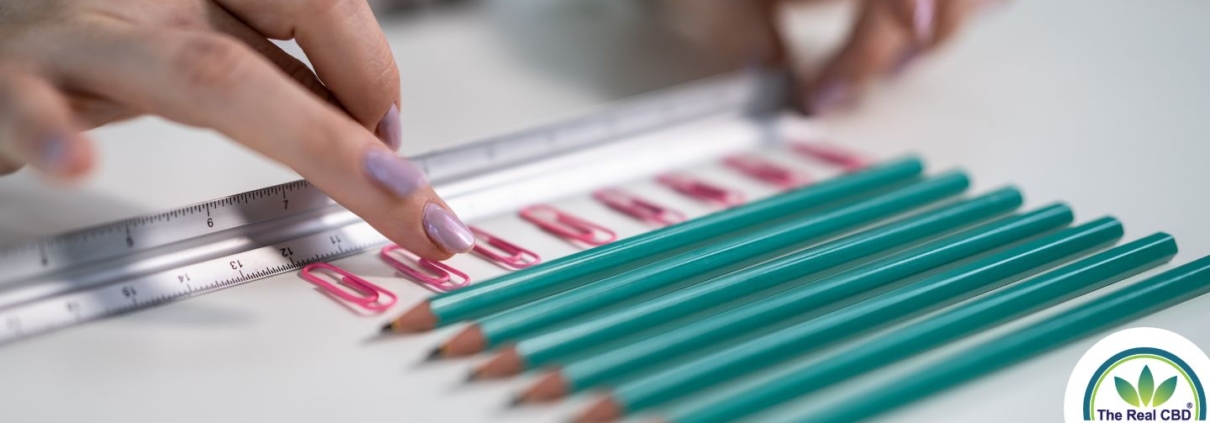



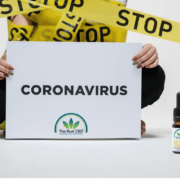

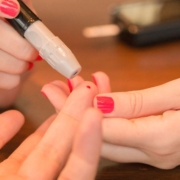

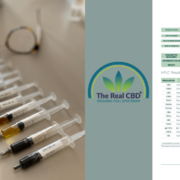




Leave a Reply
Want to join the discussion?Feel free to contribute!